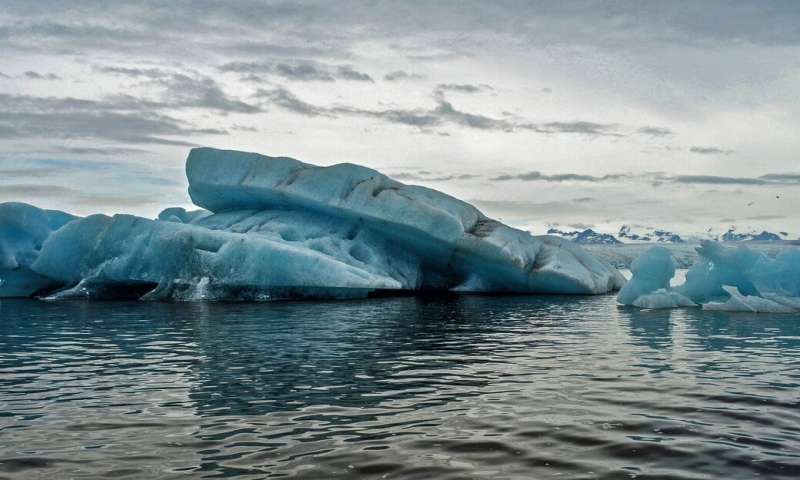Best of Last Week: Hiding ignorance, Arctic on fire, and impact of exercise on genes

It was a good week for physics as a team at the University of Queensland showed that it was possible to hide ignorance—at least at the quantum level. They showed that in principle, ignorance of the whole does not always have to imply ignorance of the parts. Also, a trio of theoretical physicists at Pennsylvania State University calculated the upper limit for the possible quantization of time—and found it to be 10−33 seconds.
In technology news, a combined team from the National University of Defense Technology, UCLA and Harvard Medical School developed a deep reinforcement learning framework to identify key players in complex networks—a means of unveiling their structure and dynamics. Also, a team at National Renewable Energy Laboratory suggested that the answer to seasonal energy storage problems could be hydrogen. And a pair of researchers at MIT found that the benefits of solar photovoltaics outweigh their costs—Patrick Brown and Francis O'Sullivan found that the cost of PV arrays has fallen enough to outweigh the costs of installing them. Also, a combined team from TU Dresden and Helmholtz Center designed silicon nanowire transistors that have both learning and memory functions.
In other news, media outlets around the world reported that the Arctic is on fire—as a Siberian heatwave began to alarm scientists—and reminded everyone else that even during the pandemic, the planet is continuing to grow hotter. Also, a team at Pennsylvania State University found that the initial COVID-19 infection rate may be 80 times greater than was originally reported. And a team at the University of Glasgow conducted an experiment that confirmed a 50-year-old theory describing how an alien civilization could exploit a black hole—by lowering an object into the black hole's ergosphere.
And finally, if you want to be as healthy as possible when you reach your elder years, you might want to check out the work by a combined team from Karolinska Institutet in Sweden and the University of San Diego in the U.S.—they found that long-term exercise impacts genes involved in metabolic health in beneficial ways.
© 2020 Science X Network